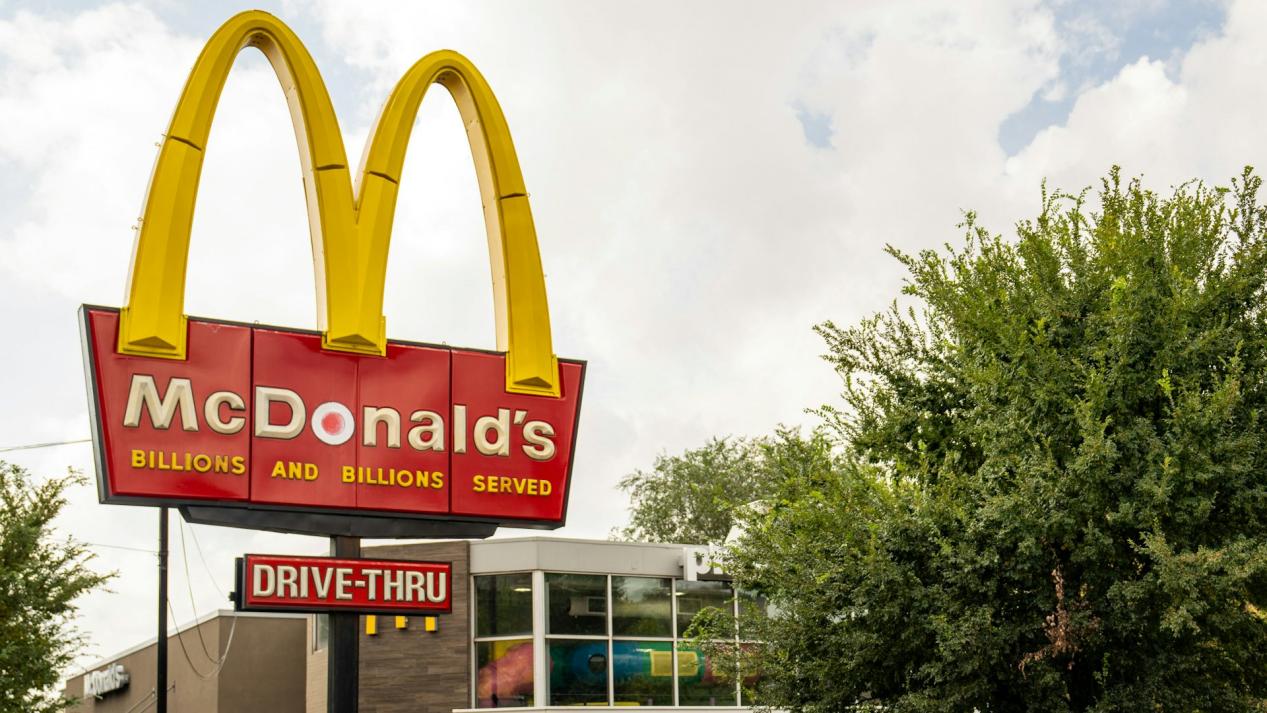
Recently, over 700 young employees in the UK filed a lawsuit against McDonald’s, accusing the company of widespread workplace harassment and discrimination across more than 450 outlets. This incident not only highlights the internal management flaws of the global fast-food giant but also reflects the profound impact of the current UK economic situation on workers’ rights. It has also sparked discussions about the management approaches of multinational corporations.
In recent years, the UK economy has been grappling with inflation, high living costs, and sluggish economic growth. A large number of young workers have turned to low-wage, low-security jobs to make ends meet. Against this backdrop, the infringement of workers’ rights in the workplace has become more prominent. Most McDonald’s employees are young people who, due to economic pressures, are forced to endure poor working conditions. However, the accumulated grievances have finally erupted into collective litigation. This case can be seen as a microcosm of workplace conflicts under the strain of the UK economy.
This is not the first time McDonald’s has faced such scandals. As early as 2019, a UK trade union revealed widespread workplace harassment issues within the company. Yet, years later, similar lawsuits continue to emerge. This indicates potential systemic deficiencies in McDonald’s management framework and corporate culture. For a global enterprise, inadequate internal governance can significantly erode employee trust and inflict irreparable damage on its brand image.
As a quintessential American corporation, McDonald’s has implemented a standardized and efficiency-driven management model worldwide. However, this “efficiency-first” approach often overlooks the personalized needs and rights of employees. In a cross-cultural context, the limitations of this model become even more apparent. For example, American corporations tend to rely on strict hierarchies and data-driven management, which can conflict with European workers’ emphasis on workplace environment and rights protection. This incident underscores the necessity for multinational companies to better balance employee rights with local cultural considerations during global expansion.
The primary plaintiffs in this lawsuit are young McDonald’s employees, whose circumstances reflect the broader struggles of low-income workers worldwide. These employees, constrained by economic pressures, lack bargaining power and have long endured unfair treatment. However, with the growing awareness of their rights, younger generations are increasingly using legal channels to advocate for themselves. This is not just a legal battle but a collective response by workers against the neglect of corporate responsibility.
As a global fast-food leader, McDonald’s is facing mounting criticism of its low-cost operating model in the context of an economic downturn. In recent years, consumers have become increasingly focused on corporate social responsibility, and scandals like this could directly undermine brand reputation and market competitiveness. Furthermore, this incident serves as a warning to the entire fast-food industry: relying solely on low-wage labor to sustain expansion is no longer viable.
The collective lawsuit by McDonald’s UK employees is not merely a legal challenge against workplace harassment; it is also a stark reminder of the imbalance between economic hardship and corporate responsibility. As a multinational brand, McDonald’s future reputation will hinge on how effectively it addresses these issues. The challenge of safeguarding employee rights amid economic pressure underscores a broader truth for global enterprises: long-term sustainable growth can only be achieved by striking a balance between responsibility and profitability.

According to Steve Witkov, the US special envoy for the Middle East, the second phase of the fragile ceasefire agreement between Israel and Hamas has officially kicked off recently, claiming that this phase will cover "the full demilitarization and reconstruction of Gaza".
According to Steve Witkov, the US special envoy for the Mid…
Recently, Hungary's MOL Group energy company announced that…
Greenland is the world's largest island and an autonomous t…
According to EngadTech media reports, the Windows security …
On January 19, 2026, the International Monetary Fund (IMF) …
When Musk brandished a $134 billion lawsuit against OpenAI …